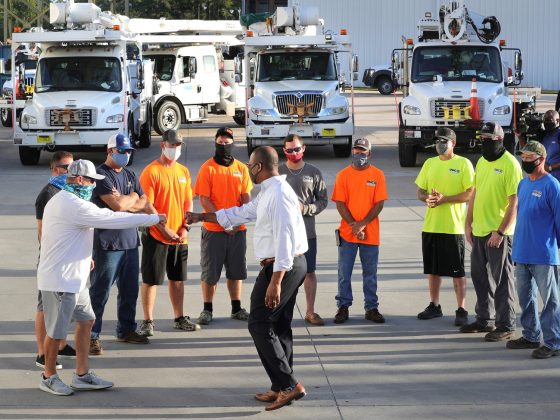Think about it, a reality where you need two breadwinners to sustain a family simply makes no sense. Both parents stay out most of the day, and by the time they get home they are exhausted and barely have energy to dedicate their attention to their children.
And in families with only one breadwinner the situation is of course much worse, both because there is only one parent to raise the children, and because single parents often have to work two jobs just to provide for the basic needs of the family.
This is an unnatural and unhealthy situation whose outcome is a generation of neglected children, abandoned by their captive parents who are struggling to keep a roof over their children’s heads and put bread in their mouths. But the biggest oddity about this miserable state is that we’ve come to think of it as “normal” and even “desirable.”
“The virus will teach us the obvious—that nothing matters more than caring family and friends, and nothing makes us happier than having them around.”
Thankfully, the coronavirus is forcing us to reconstruct our world. We are rebellious, contentious, but it will bend our arms and force us to comply. Covid will shatter the economy however hard we might resist, force us to provide for those who have been struck by the collapse, and will obligate us to start thinking also of each other rather than only of ourselves. We will have to, or the collapse will hit us, too.
Covid will leave very little surplus for indulgence in things we once thought were necessary, but it will not leave us empty handed. On the contrary, it will show us what we’ve really had all along but did not notice: each other. The virus will teach us the obvious—that nothing matters more than caring family and friends, and nothing makes us happier than having them around. It will make us reconstruct our lives and put people at the center of our attention rather than money, which is how it should be because only when we see other people, and they see us, we can be happy.
The world is producing and will continue to produce abundant food and the rest of life’s necessities. There will be no shortage of them. The only question is how fast we will learn to distribute them among everyone and guarantee that everyone is fed, dressed, lives in a proper home, and gets proper education and health care. When we learn that and act on that perception, the only thing that we will still need to do is learn how to relate to one another favorably, which is what we have neglected to do for the past several decades. And this learning will finally make us happy.
We are living in transformative years. We can stream through them easily and joyfully if we come together and emerge on the other side as a united and caring society. Or, we can experience them as painful and oppressive, and still eventually realize that they were only for our sake. Either way, the coronavirus will make us learn to care.











